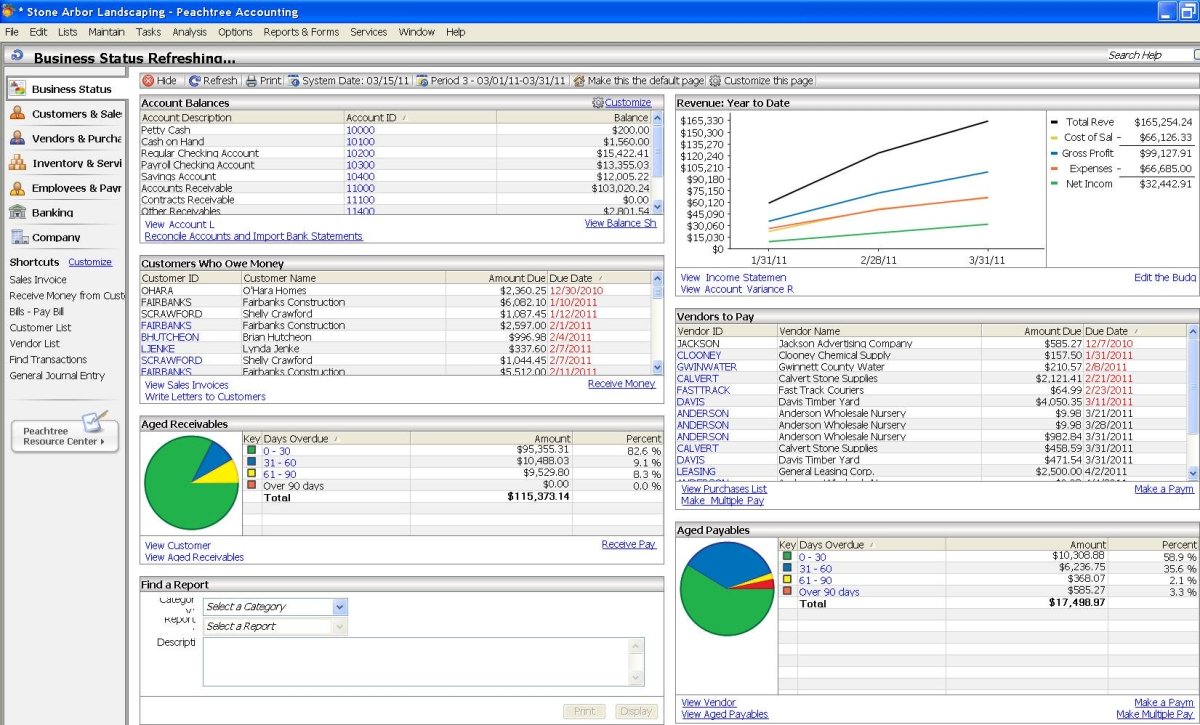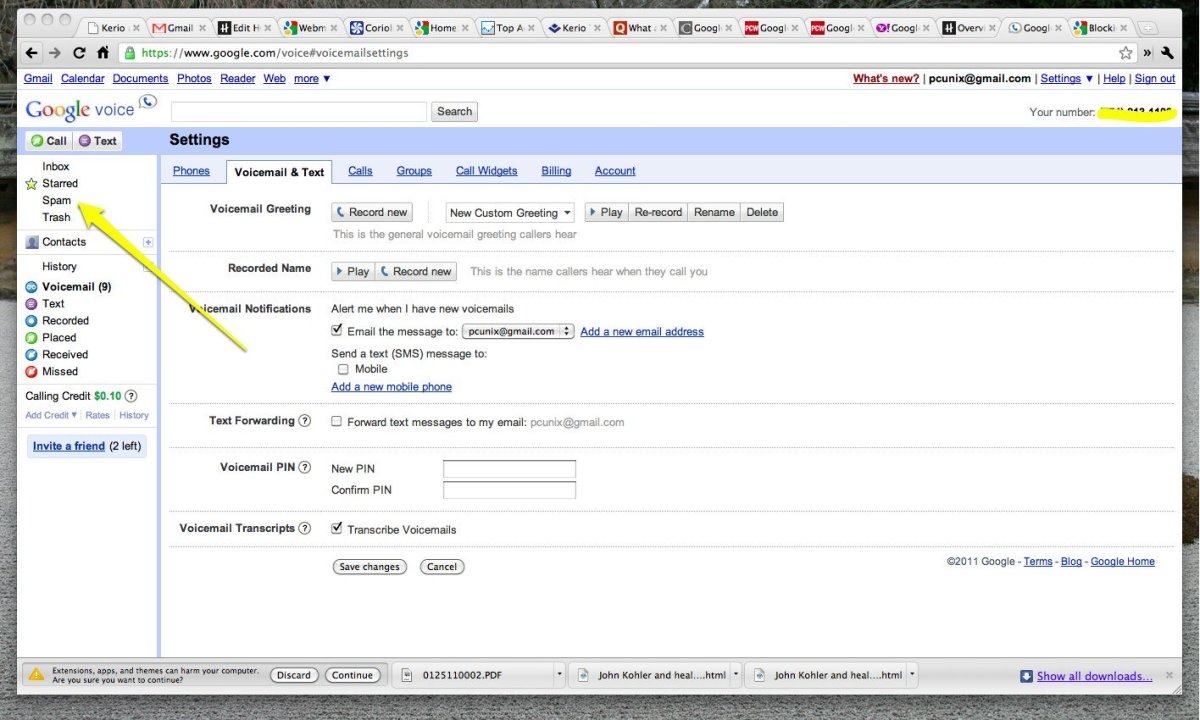How to Protect and Manage Cash in a Small Business

The Value of Cash
In an era of heavy industrialization, it is not striking to say that cash has become an integral part of everybody's life. In our households alone, we undeniably give high importance to cash. Our parents are working hard in order to generate cash that will support household needs such as basic necessities, education of their children and more.
By making a quick analysis, we would see the logic behind this. Naturally, humans need food, shelter and clothing in order to survive. However, all these things often come with costs (i.e. requires payment, usually of cash). Using simple logic, this could be cut short and be summarized in a concise statement: “humans need cash”.
Role of Cash in Businesses
In another perspective such as in the world of business, it is emphasized that cash is a major point of interest. Creditors and other primary users of financial information always put heavy premium on the cash flows of a company because this is a key indicator of how the company performs (or will perform).
Also, this is a clear reflection of the liquidity of a company and its capacity to continue its operations and to pay existing as well as future liabilities. Hence, managements always prioritize keeping their cash reasonably high. However, it has been proven that cash is a highly susceptible asset that is often subject to theft and other issues. This, therefore, created a need for managers to protect and manage cash efficiently and effectively both in the operations level and management level.
Related Readings
- Weighing the Advantages and Disadvantages of Oil Price Freeze
Oil price freeze may appear to be highly beneficial at the first glance especially to the public. But, we may have been neglecting some aspects regarding the process. Find out more by reading this article! - What is your dollar's worth in some Asian countries?
Understand why prices among countries vary. By comparing prices and price variations, you will gauge your money's worth.
Protecting Cash Flow in Difficult Times
Gregory Caruso, a certified public accountant, admitted that cash is indeed a very significant part of a business. He even defined cash as blood which gives life to our body. This signifies that businesses will not survive without (or with substantially little) cash because it is highly dependent on it. Low levels of cash may even cast a doubt regarding the going concern assumption of the business and its operations. Hence, Caruso wrote an article called “Confidential Guide to Protecting Cash Flow in Difficult Times” to aid business leaders and accountants in managing and protecting the cash of a business. He suggests that we always conserve cash, establish good relationship with other entities (especially bankers and creditors) and strategies for effective plans.

Synopsis of the Article
Caruso explains in his article that the key to protect business is by keeping huge amount of cash. This means that there is an impelling need for managers to avoid running out of cash by taking sufficient and timely actions from preventing that event to occur. The author provides us five key areas where improvement can be done to effectively control and protect the level of cash in a business. These are strategizing and planning, managing staff, purchasing and subcontracting, managing cash and lastly, managing inventories.
(Note: In order to explore more on these key areas, you may read the article by Caruso. It is full of insightful guides that will give you more grasp on how to effectively manage and protect cash flows.)
Cash Flow Protection in Public Sector
Caruso’s guidelines focus more on the private sector; however, some of these may still be applicable to the public sector. Such examples are evaluation and elimination of employees that provide no (or immaterial) service to the government unit, and imposition of systems that would track, if feasible, all the transactions involving cash, receivables and payables.
Cash Flow Protection in Private Sector
There are numerous ways in which we can minimize costs and expenses to effectively keep the reserves of cash in the company. A lot of business analysts claim that incurrence of high expenses (resulting to more cash outflows) is due to inefficiencies in the operations of the business. Also, it may be due to the inability of management to employ effective alternatives to maximize current resources that will eventually result to more cash inflows. Caruso was able to see all these, and hence he is providing us with creative alternatives which we may employ to improve cash levels. Some of these may be too extreme, but may prove themselves helpful in businesses especially in “difficult times”.

Ways to Protect and Ensure Cash Flows
As mentioned, there are several ways managers can exhaust to improve the cash balance and cash flows of a business. Most of these are internal in nature. Hence, the prerequisite to attain better cash flow protection and management is to have a strong, efficient, and effective internal control. Here are some of the things a corporation may employ in order to protect cash flows:
- Top officers and managers in the company must be resourceful, adaptive and competent to be able to strategize and plan well in increasing the cash pool.
- They must also be highly analytical by employing critical thinking in assessing unnecessary and/or overlapping business operations, functions and practices that may lead to high cash outflows.
- Managers should also be diplomatic in negotiating with creditors and bankers so to establish a good relationship with them leading to more “grace periods”, discounts and etc.
Money in Our World
Clearly, we now live in a world where money controls most aspects of our lives leaving us highly dependent of it. However, this should not be the case, and it should be the other way around. We should never let money control and enslave us. Rather, we must be the one controlling it. The same holds true in business. Managers should not be devastated when the cash level runs too low, but instead, they must find alternatives to gain control over their cash flows so to improve the level of cash in their companies.
Concluding Remarks
In a nutshell, money is undoubtedly a source of dilemmas and tribulations both in our personal lives and in the corporate world. However, the saying “to every problem, there is always a solution” virtually holds true.
Consequentially, the task of managers is to be able to identify that “solution” needed to overcome the obstacles their companies are facing. This is indeed a painstaking task, but business leaders should employ all means possible to quest for that ultimate solution,








